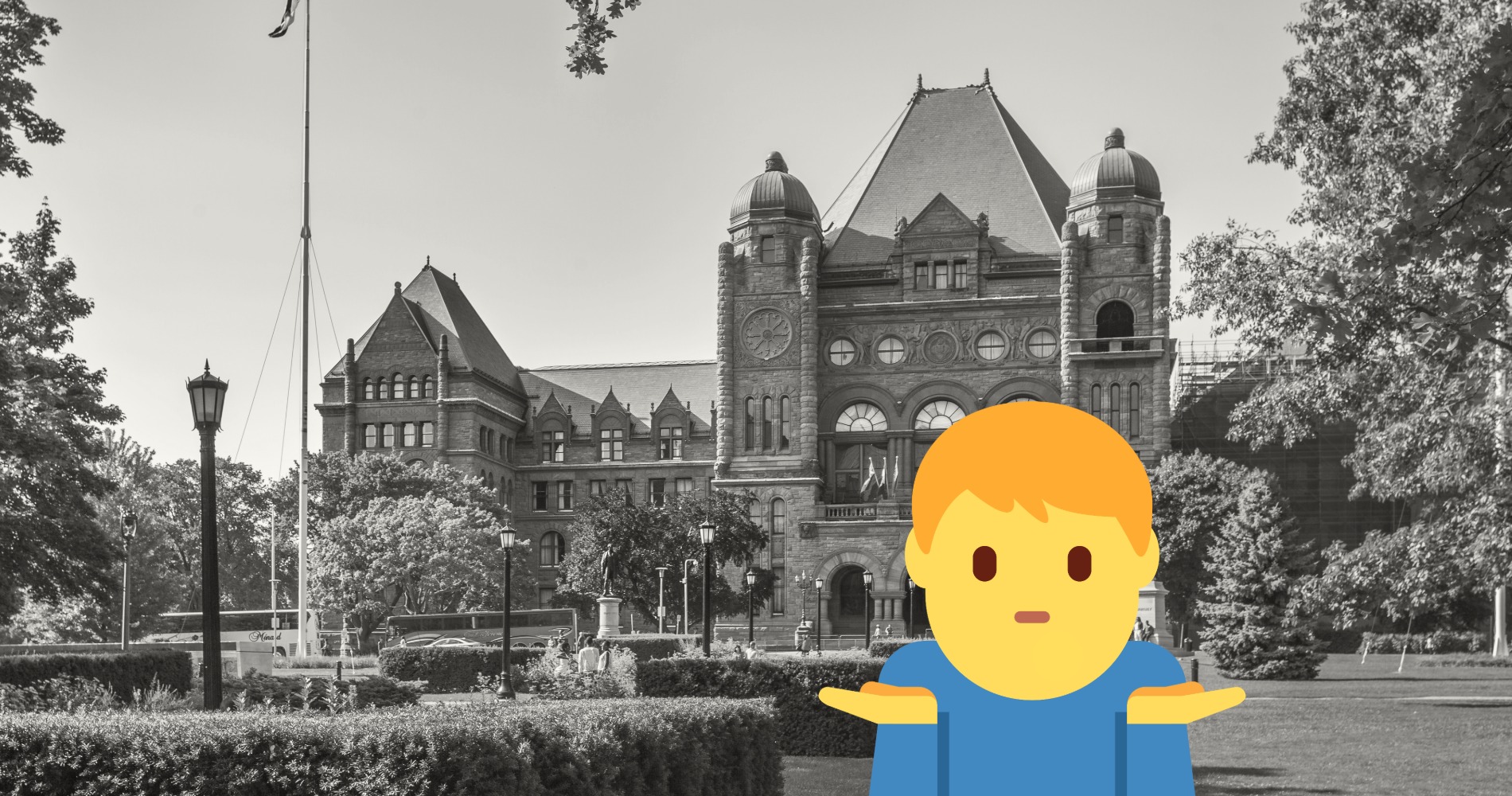Education
Our publications are available to all at no cost. Please support the CCPA and help make important research and ideas available to everyone. Make a donation today.
-

The Roadmap is Clear, Detours are Risky: Nova Scotia’s Child Care System at a Crossroads
The report commends the government for meeting Nova Scotia’s targets in the bilateral funding agreement with the federal government. However, significant challenges remain to realize…
-

We Have to Grow our Own
Economic development in Manitoba’s north requires increased investment in adult basic education.
-

Adult Education Key to Northern Economic Development
Large development projects are coming soon to northern Manitoba. Education—some now underway; some the missing piece so far—will be crucial in determining who benefits.
-

Creating safe and inclusive schools in Ontario
The education system in Canada is a multi-faceted institution consisting of public, private, religious and independent forms of schooling. Each province adheres to their own…
-

Ontario needs a teacher recruitment plan
In this year’s fall economic statement, the Ontario government repeatedly stated its intention to protect the province’s economy and people “for decades to come.” Talk…
-

Adult Basic Education Keeps Youth out of Crime
A recent study by Marni Brownell and colleagues at the Manitoba Centre for Health Policy, titled “Crossover Kids in Manitoba: The Intersection of the Child…
-

Still building: Child care availability in Toronto since 2022
Child care availability in Toronto has improved since 2022. But provincial funding is needed to expand access—especially in the non-profit sector.
-

Ontario Fall Economic Statement: No help on the way
Last May, CCPA’s detailed analysis of the Ontario budget argued that it failed to address years-long funding shortfalls, leaving the province vulnerable to the economic…
-

Budget fédéral alternatif 2026 : Éducation postsecondaire
Ce que le gouvernement canadien devrait faire en matière d’éducation postsecondaire. Une véritable indépendance exige un nouveau modèle économique.
-

Alternative federal budget 2026: Post-secondary education
What the Canadian government should do on post-secondary education. Because true independence needs a new economic model.
-

Budget fédéral alternatif 2026 : Garde d’enfants
Ce que le gouvernement canadien devrait faire en matière de garde d’enfants. Une véritable indépendance exige un nouveau modèle économique.
-

Alternative federal budget 2026: Child care
What the Canadian government should do on child care. Because true independence needs a new economic model.
Updates from the CCPA
Read the latest research, analysis and commentary on issues that matter to you.
CCPA Updates